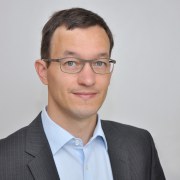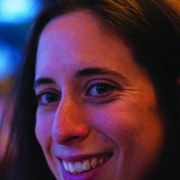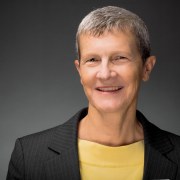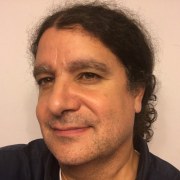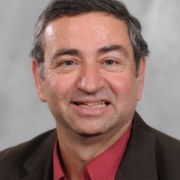Connecting science centres with formal science education
Find this session's presentations here.
Connecting formal and informal science education is a challenging task for many of us: how can science centres and museums develop learning environments that are close enough to have a direct impact on school teaching? Can they influence formal science education policy?
This session explores innovative approaches to establishing this connection and discusses the challenges and impact of these initiatives. Showcased examples range from welcoming pupils at the science centre for a series of curriculum-linked sessions to outreach activities at school, from supporting teachers' professional development to involving local volunteers.
The discussion part of this reverse session will not only question your ideas on connecting science centres and museums with formal education, but also try to find answers to common challenges – challenges that we experienced ourselves and solved in different ways.
Session speakers
• Little House of Experiments brings learning exhibits to schools all around the country. It is a one day visit. We come with around 60 exhibits and two science shows to the school and turn it for a day into the Science Centre.
Science Centres International
• TELUS Spark has developed and refined a 4-month-long education program for high school students (ages 13-16) who are struggling with the science curriculum, or for whom science is mandatory and not their own choice. Spark is the central organizer, and links student teams with community volunteers (engineers, electricians, technologists), and teachers with their internal exhibit development team to work on the design and science communication challenge of building a science center exhibit. At the end of the 4 months the students bring their exhibits to TELUS Spark for an evening of celebration, inviting their family and friends to see what they have accomplished. Beyond the science curriculum, students develop skills in collaboration, design-thinking, communication, and career and life skills.
• Fábrica Ciência Viva Science Centre develops Science Education Programs that connects formal science education with our Science Centre, putting in contact school students and teachers with research labs and scientists. These programs involve dedicated exhibitions or workshops, teacher training, co-creation and maker events and annual projects oriented to curricular studies and professional development. During last years, several schools from Portugal are collaborating in our programs to promote advance formal science education and STEM education. Our goal is to achieved a national positive impact.
Director - Schwartz-Reisman Science Education Centers
• The Schwartz/Reisman Science Education program brings all interested pupils from neighboring high schools to a dedicated research space, as part of their curricular studies. Twice a week they learn science in an experiment-rich environment, supported by specialized teachers. Assessment will be presented.

